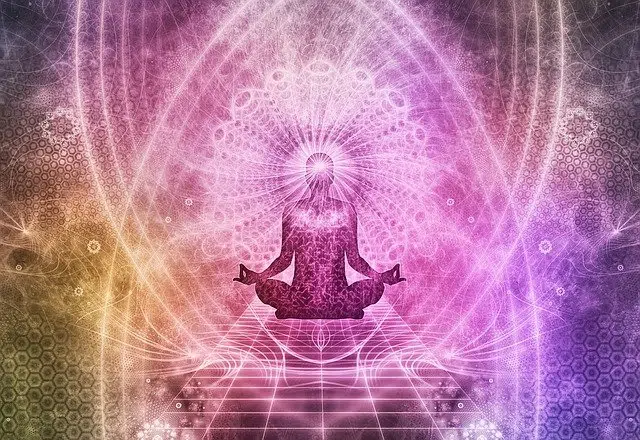
The holistic vision contemplates the integration of multiple factors into a whole.
Holistic is that which belongs to holism , a tendency or current that analyzes events from the point of view of the multiple interactions that characterize them. Holism assumes that all the properties of a system cannot be determined or explained as the sum of its components. In other words, holism considers that the entire system behaves differently than the sum of its parts .
In this way, holism highlights the importance of the whole as something that transcends the sum of the parts, highlighting the importance of their interdependence . It is worth mentioning that holos (a Greek term that means “whole” or “whole” ) alludes to contexts and complexities that are related, since it is dynamic .
The link between the whole and the parts
For holistic understanding, the whole and each of the parts are linked with constant interactions . That is why each event is related to other events, which produce new relationships and events among themselves in a process that compromises the whole.
The understanding of processes and situations must take place from the holos itself, since in its dynamism, a new synergy emerges, new relationships occur and new events are generated. Therefore, the whole is the determining factor, even though this recognition does not prevent each case from being analyzed in particular.
What is the holistic perspective
The holistic perspective implies an overcoming of paradigms to promote the figure of the syntagm , understood as an integration of paradigms . A syntagmatic attitude involves the convergence of diverse perspectives, which can only be achieved with holistic criteria.
The theory of holism offers us a path to improve our lives in all possible aspects, from the spiritual to the material. But it is important to highlight that if we take a certain degree of distance to take a look at our passage through this world, all our activities connect our soul with our body, our mind with the ground we walk on and the rest of the beings with which we deal. .
This means that to practice holism we must not "choose" the spiritual or material path, but understand that both are interconnected and that, therefore, we must enhance all corners of our being to access the highest experience .

Having a healthy diet is part of the holistic teachings.
Precepts of holism
The first tip to behave according to holistic teachings is to eat healthy . The body does not exist independently of the soul, nor of our intellect; Depending on the way we treat it, we can lead a better or worse life in all aspects, both social, work and student. Eating nutritious foods that our body really needs is essential to perform at its best.
Another activity that can bring us closer to a holistic experience is recycling , because it allows us to look beyond our own existence and think about the consequences that our decisions can have on others, both on people and on animals and on the environment. environment. Up to this point we could say that "we are what we eat and what we do."
Holistic, knowledge and stress
Personal growth , which consists of various cultural and emotional enrichment activities, is a more than successful recipe for a holistic life. Our brain never stops feeling thirsty for new knowledge, for new experiences, but it is our responsibility to satisfy it by proposing new directions every day.
Needless to say, stress , the enemy par excellence of the good life, is also the worst thing we can feed if we want to contribute to the precepts of holism. This does not mean that we should escape from problems, but rather seek a day-to-day life in which anguish does not overwhelm us, make better decisions and surround ourselves with people with whom we can feel good.
